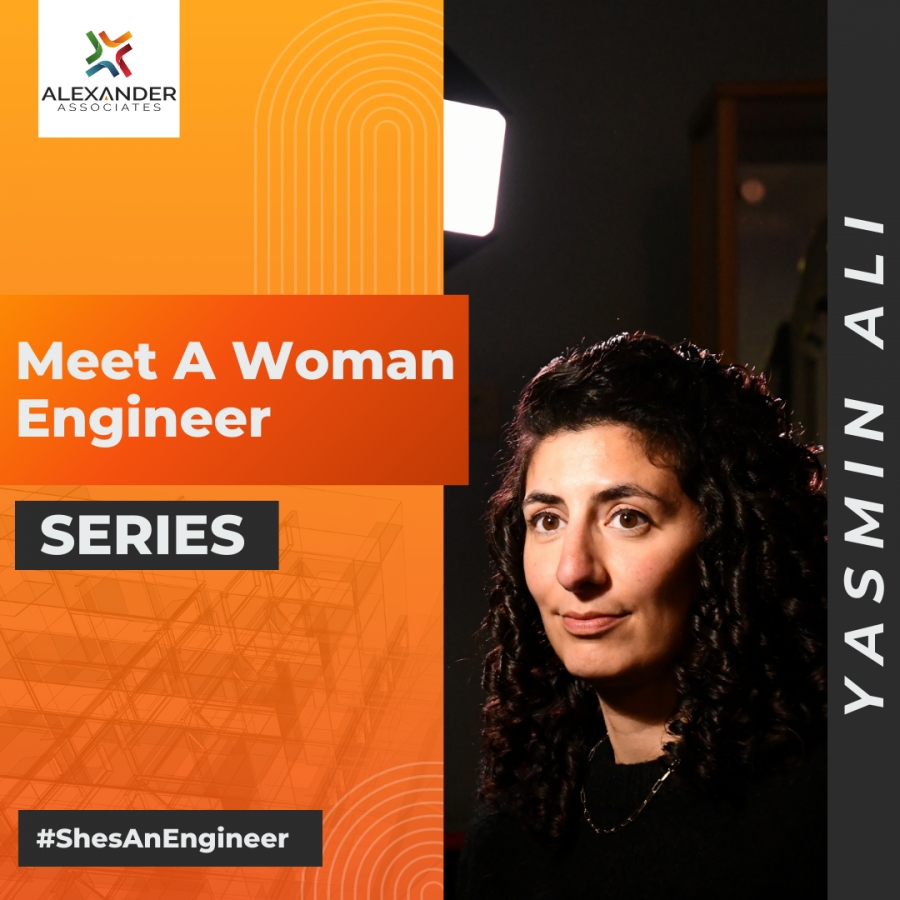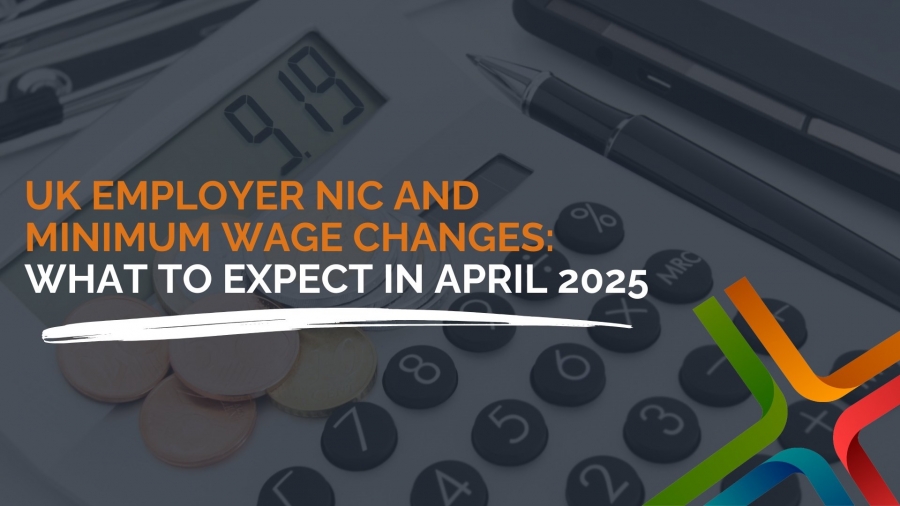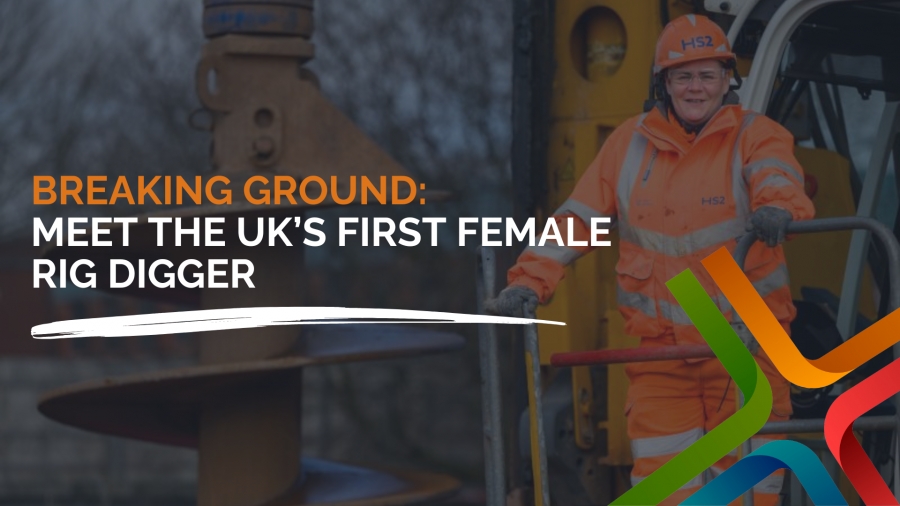The Inspiration for Becoming an Engineer
Louise grew up on a farm in the countryside, so always liked working outdoors. Her favourite subject at school was geography and she’d hoped to follow that subject through to university but didn’t get the A-Levels she wanted. Instead, she chose to study Geology and Geography.“I absolutely loved my degree. Being around the sort of people who were motivated by the same things I was”, she said.
“I got a job after my degree at an environmental consultancy, and I spent all summer wandering around the hills of Shropshire looking for old mine entrances. And I thought this is this is what I want to do.”
Heading Back to University
Encouraged by colleagues during her summer consultancy job, Louise returned to university to complete a Masters in Geochemistry.“My Masters gave me another year of experience, another year being out in the field and lots of opportunities to learn. I think a Masters demonstrates your credentials, that you can write reports, and you can do the analytical processes. I definitely think it is worthwhile.”
Straight after obtaining her Masters, Louise attended a Careers Fair and landed a job at an environmental consultancy. This started her on a career path working in contaminated land assessment that she’s followed for nearly 30 years.
Unearthing New Skills and Passions
Working in contaminated land assessment involves collaborating with clients who have a piece of land or a site they want to buy or develop.“You start by knowing nothing about that piece of dirty derelict land. It’s really grotty, but you do the investigations, you research its history, you look at the potential for contamination, you take samples, and you analyse the data.
“And ultimately, you determine what the problems are and what needs to be done to bring it back to being a safe and beneficial space.
“I really love that process and the feeling that I’m helping to improve the environment”.
Early Inspiration
Louise was lucky enough to start her career in a supportive environment where everyone “mucked in together”.During her second job, following a move to London in 1998, she continued to find role models and someone whom she refers to as “my best boss ever”.
“He had an excellent attitude and was all about doing the right thing, doing it well, and enjoying your work while you did it. He really motivated and encouraged us to be one big team. I think everything I know about leading and managing people, l learned from him.”
“And I was working with a lot of female engineers who were my grade and level of experience. Our team was 50/50 male to female split and we just kept growing as a team because it was such a great place to work.”
Breaking Glass Ceilings
When Louise’s manager and mentor left his role, she decided to apply for it in a job share arrangement with a female engineer colleague. She’d had children by that point and had returned to work three days a week.“There were a lot of us working part-time and the company made it happen around us. It was still very possible to do the site work and the office work around our working hours.”
Louise and her job share partner were offered the role, which was the first time the company had appointed a job share to lead a team.
“It worked brilliantly. We complemented each other so well – we were better than the sum of our parts. I’m a lot better in the mornings, she was better in the evenings. I’m more ‘big picture’, while she had a lot more attention to detail.”
Louise believes that having a family means you learn to work differently. In her experience, before you have children, you focus on whatever hours it takes to get the job done. Whereas afterwards, you have to leave at a certain point in the day, so you become much more efficient.
A New Direction
Louise’s career changed when her company was acquired by another. At nearly 20 years into her career, she thought she was on an ongoing trajectory where she’d be moving up the ladder and taking on more and more senior positions.“I think that was the first realisation I had that it wasn't as straightforward as that,” she said.
“I was applying for a promotion, along with a couple of male colleagues. When they got it and I didn't, I was told it was because I didn't have enough hours in the office. So I was encouraged to increase my days.
“Not long after that I moved on from that company to the company I am at now.”
Managing Menopause
It was around this time Louise became perimenopausal."I cannot believe the impact that it has had on my life in the last two years.”
Louise experienced around 10-12 different symptoms but attributed each to something else in her life. A stressful project, not stretching properly after a run. But poor sleep, anxiety, not being able to multi-task anymore, and aches and pains in her body were taking a toll.
“I got to the point where I lost quite a lot of confidence in myself. I remember I was going into a meeting with a lot of my peers who were all male. And I was scared about saying something stupid. I thought they could all see through me and think that I didn't actually know how to do my job anymore.”
A colleague suggested she speak to another woman in the company who was having similar experiences. Following her advice, Louise decided to speak to a few of her male colleagues about how she was feeling. It was amazing, and she suddenly felt she had permission to be open about it.
Overcoming a Career Plateau
Louise acknowledges there is a correlation between the lack of women in leadership roles and menopause, which she has observed from her own experiences.“I just thought, do I want to do a role and take on extra stress and responsibility? Or do I just reduce my hours, do my job and go home again?” she said.
“I was at the point where I was seriously considering asking for a reduction in hours and accepting this was a this was as good as it was going to get.”
It was only through talking to other people that Louise realised she could get help and there was support available. She believes a lot has changed for the better over the last few years, with more people being open on social media about the impact of menopause.
Her company has embraced this trend and started initiatives such as menopause awareness training for all staff, and management training for supervisors.
“It’s changing and I would love that to be our legacy. People come to our stage in their careers and don’t even have this blip. They recognise early what it is, that there is support in place and not have to think it’s the end of their careers.”
“And what a win that would be — all of these women 20 or 30 years into their careers, staying in the business and moving into a leadership role. With all of that empathy and awareness.”
What’s Next for Louise?
After starting HRT, Louise got her confidence back and applied for the Deputy Chair of the Specialist in Land Condition (SiLC) Professional and Technical Panel. She got it!“SiLC has been around for more than 20 years, but it's historically championed by a lot of senior men in our industry. So when I joined, the current incumbent and I decided we wanted to work hard to increase diversity within SiLC.
“We now have an EDI subcommittee who look at ways to improve diversity within our network, increase membership and demonstrate more value of being a SiLC.”
Interested to learn more about opportunities for female Engineers in the UK? Contact our teamof specialists at Alexander Associates and we’ll connect you with the industry’s best engineering roles. For more inspiring stories on women in engineering, read our articles https://www.alexander-assoc.co.uk/women-in-engineering.
[PK1]For SEO – not sure if it’s 100% accurate but assuming her jobshare partner was also an engineer?





